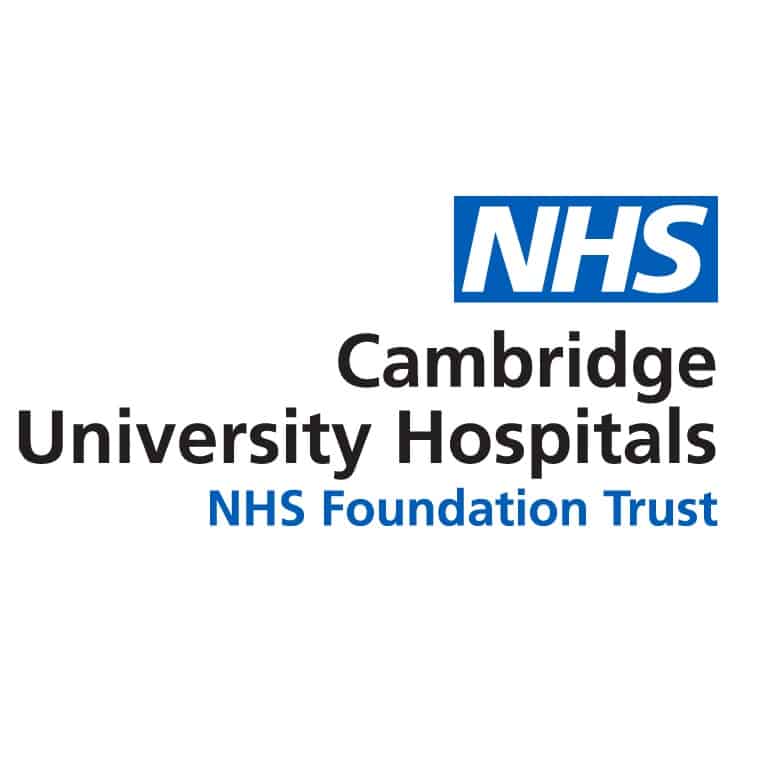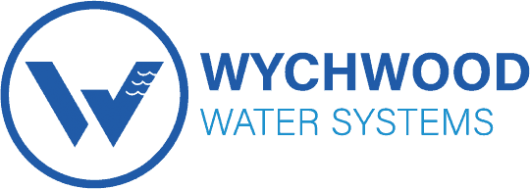Menu
Grey Water Recycling For Industrial & Commercial Uses
We supply businesses with water recycling applications that suit their operations and needs. Contact us for more information.
Water recycling is the process of the reclamation and reuse of water from several sources, including stormwater (rainwater that has reached the ground), rainwater (direct rainwater capture), greywater (water used in the bathroom, kitchen and laundry) and treated effluent (from sewage treatment facilities). Water that has been recycled can be reused for irrigation, horticulture and industrial processing.
Deionised water which has been used in industrial rinse processes can also be recovered, repurified and used again and again.
How Water Recycling Works
Water recycling has become an increasingly popular topic of conversation as the world becomes more and more populated. Water recycling is defined as a public water supply that is treated and reused for future use. Water recycling systems process wastewater (sewage) to make it clean enough to drink, cook or do other activities before returning it to the environment.
Water recycling removes contaminants from water using basic biological, chemical and physical principles. In municipal settings, the process of water recycling occurs in five stages: inlet, sedimentation tanks, biological treatment, humus tanks and final settlement tanks.
Water used in business processes, also known as trade water, can also be recycled. In a business setting, a greywater recycling unit contains the elements above, but in a much smaller, all-in-one system.
Applications for Water Recycling
The resulting water reclaimed with a greywater recycling system can have many uses. The resulting water can be potable, safe for activities like drinking and cooking. In a business setting, reclaimed water can be reused in the company’s kitchen and bathrooms. Other uses for recycled water include:
- Irrigation water
- Cereal manufacture
- Boiler feedwater
- Malting
- Vegetable preparation, washing and cooking
- Chilled water circuits
- Metal finishing final rinse water reprocessing and reuse
Of course, this is not an exhaustive list. There are hundreds of potential uses for reclaimed water.
If you would like to learn about which filtration system will be most effective for your business, please get in touch with us today
Download Our Complete Guide to Industrial Water Purification Systems
Advantages and Disadvantages
The technology used in the recycling of water has not only improved but has gotten lower in cost. This has led to more businesses exploring this option for their facilities. Because technology is often driven by need, it will likely continue its improvement as its cost reduces due to an increasing number of alternatives.
A water recycling system can be an expensive purchase. However, the long-term benefits of having an in-house water recycling system far outweigh the disadvantages. It is clear that as water becomes an increasingly valuable resource, the pressure to conserve and reuse will increase.
Is a Water Recycling System Right for You?
There are far too many applications for a water recycling system to be able to list them all here. If you have questions regarding the suitability of a water recycling system for your desired application, we welcome your enquiry.
Otherwise, read our Case Studies to learn more about our water recycling options.
What Our Clients Think
“Having an old De-Alk plant we were in a position to upgrade and went out to tender. Wychwood Water were one of the companies to respond, organising a full site visit and answering all questions fully and in great detail. The knowledge from Wychwood was second to none and any questions we had were quickly answered. Everything from the tender response to install went smoothly without any issues. I would definitely recommend Wychwood Water if you are looking for a comprehensive, professional company.” Jonathan Patman

Is Water Recycling Right for You?
Not sure if water recycling is the best fit for your application? We understand the challenges of choosing the correct system.
You can have a consultation with one of our experienced team members via email or phone.
We look forward to assisting you!
Request Consultation With a Water Expert
Wychwood Water needs the contact information you provide to us to contact you about our products and services. You may unsubscribe from these communications at anytime. For information on how to unsubscribe, as well as our privacy practices and commitment to protecting your privacy, check out our Privacy Policy.
Enquire Form Product
Unlock Pure Excellence in Water Treatment Today! Don’t let water quality concerns hold back your business. With our expert advice and cutting-edge solutions in commercial water treatment and filtration, achieving optimal water quality has never been easier. Dial us now for a personalised consultation and discover how our services can elevate your operations to new heights of efficiency and sustainability. Your journey towards crystal-clear, quality water begins with just one call. Reach out today

